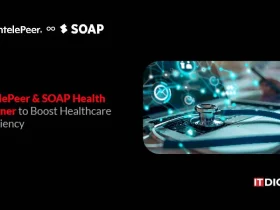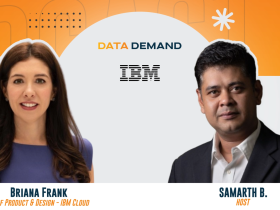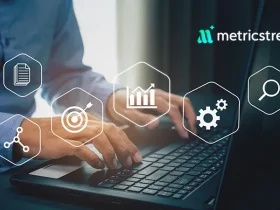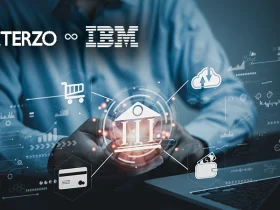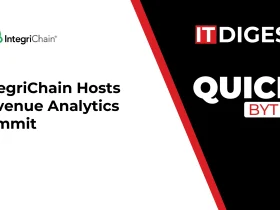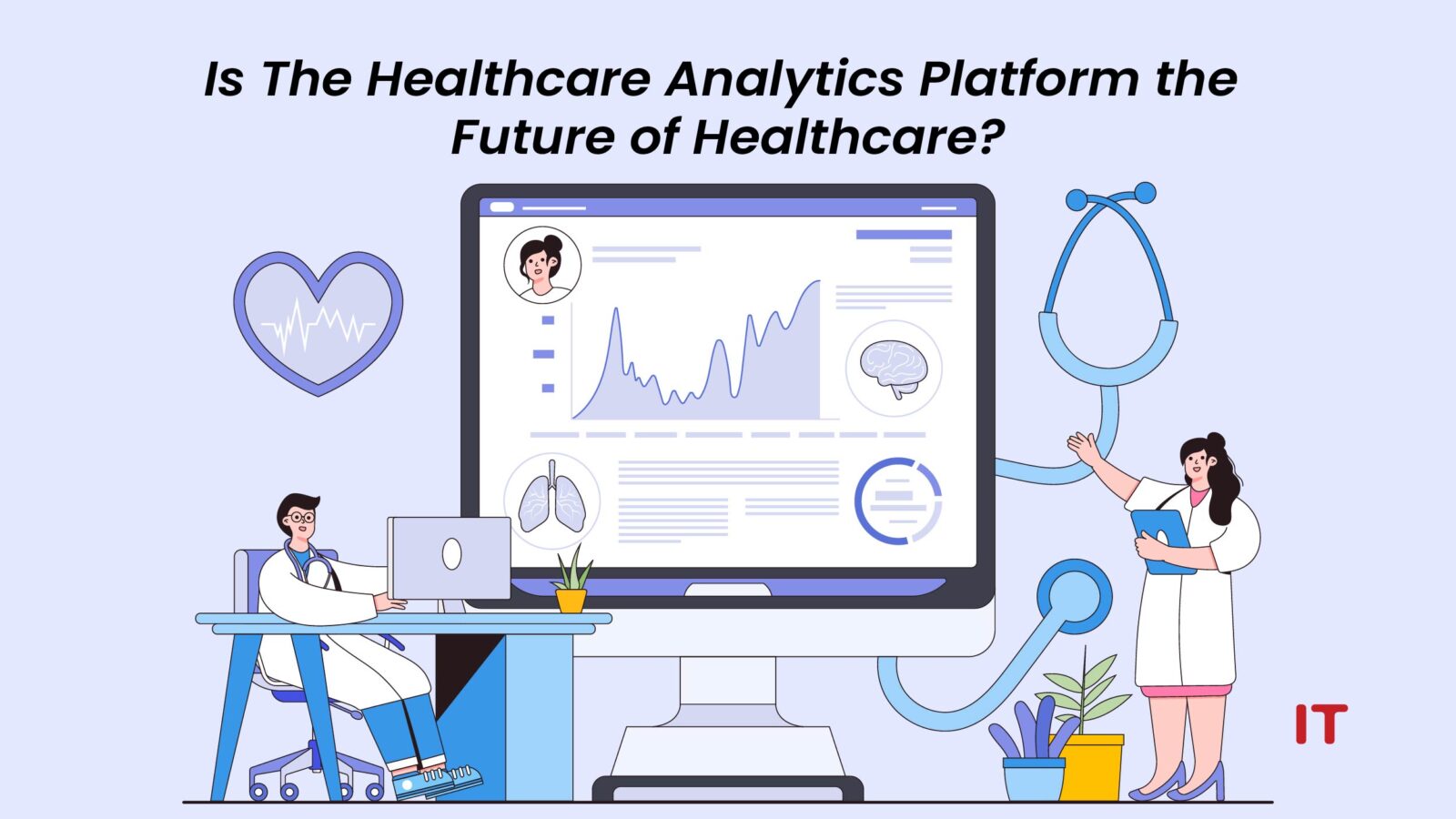In today’s rapidly evolving healthcare landscape, the digitization of medical records has ushered in a new era of possibilities. With the exponential growth of healthcare data, organizations are turning to advanced analytics solutions to extract meaningful insights and drive informed decision-making. This is where the healthcare analytics platform has emerged as a revolutionary technology poised to revolutionize the way we leverage data in the medical field.
What is a Healthcare Analytics Platform?
A healthcare analytics platform is a comprehensive solution tailored to meet the intricate data challenges prevalent in the healthcare industry. It comprises an integrated suite of self-service tools designed for extracting, merging, querying, analyzing, and reporting data from diverse databases, addressing the multifaceted nature of healthcare and research data complexities.
These platforms serve as indispensable tools in facilitating the analytics and insights essential for effectively segmenting and researching the healthcare provider market. By empowering informed decision-making and strategic planning within the healthcare domain, they play a pivotal role in driving organizational success.
Moreover, healthcare analytics platforms are instrumental in population health management endeavors. They facilitate care coordination, patient engagement, connectivity, data aggregation, and analytics, thereby bolstering the overall performance of healthcare systems and enhancing patient outcomes.
Also Read: Wireless Health Monitoring: A New Era in Patient Care
Key Features of Healthcare Analytics Platforms
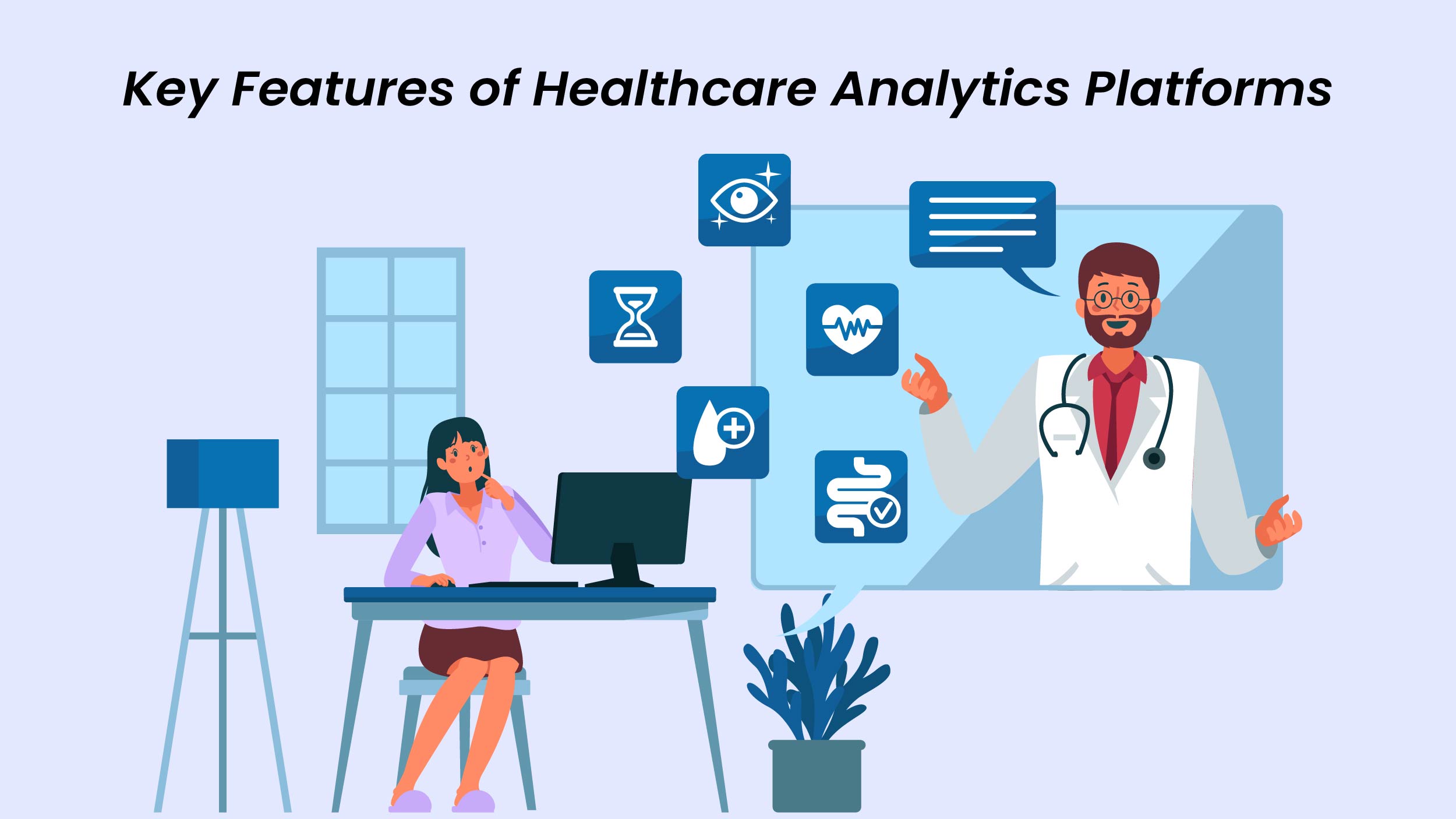 Given below are some of the vital features of healthcare analytics.
Given below are some of the vital features of healthcare analytics.
- Comprehensive Data Integration: Healthcare analytics platforms streamline the process of data integration by aggregating disparate data sources into a centralized repository. This enables healthcare organizations to access a holistic view of patient information, clinical outcomes, and operational metrics.
- Advanced Analytics Capabilities: Leveraging advanced analytics techniques, such as predictive modeling and prescriptive analytics, healthcare analytics platforms enable organizations to identify trends, forecast future events, and optimize resource allocation.
- Real-Time Insights: With real-time data processing capabilities, healthcare analytics platforms empower organizations to monitor patient outcomes, identify potential risks, and intervene proactively to improve care delivery.
- Scalability and Flexibility: Next-generation healthcare analytics platforms are designed to scale seamlessly with the growing volume and complexity of healthcare data. They offer flexibility in deployment options, including on-premises, cloud-based, and hybrid models, to meet the unique needs of each organization.
What is a SaaS Based Healthcare Analytics Platform?
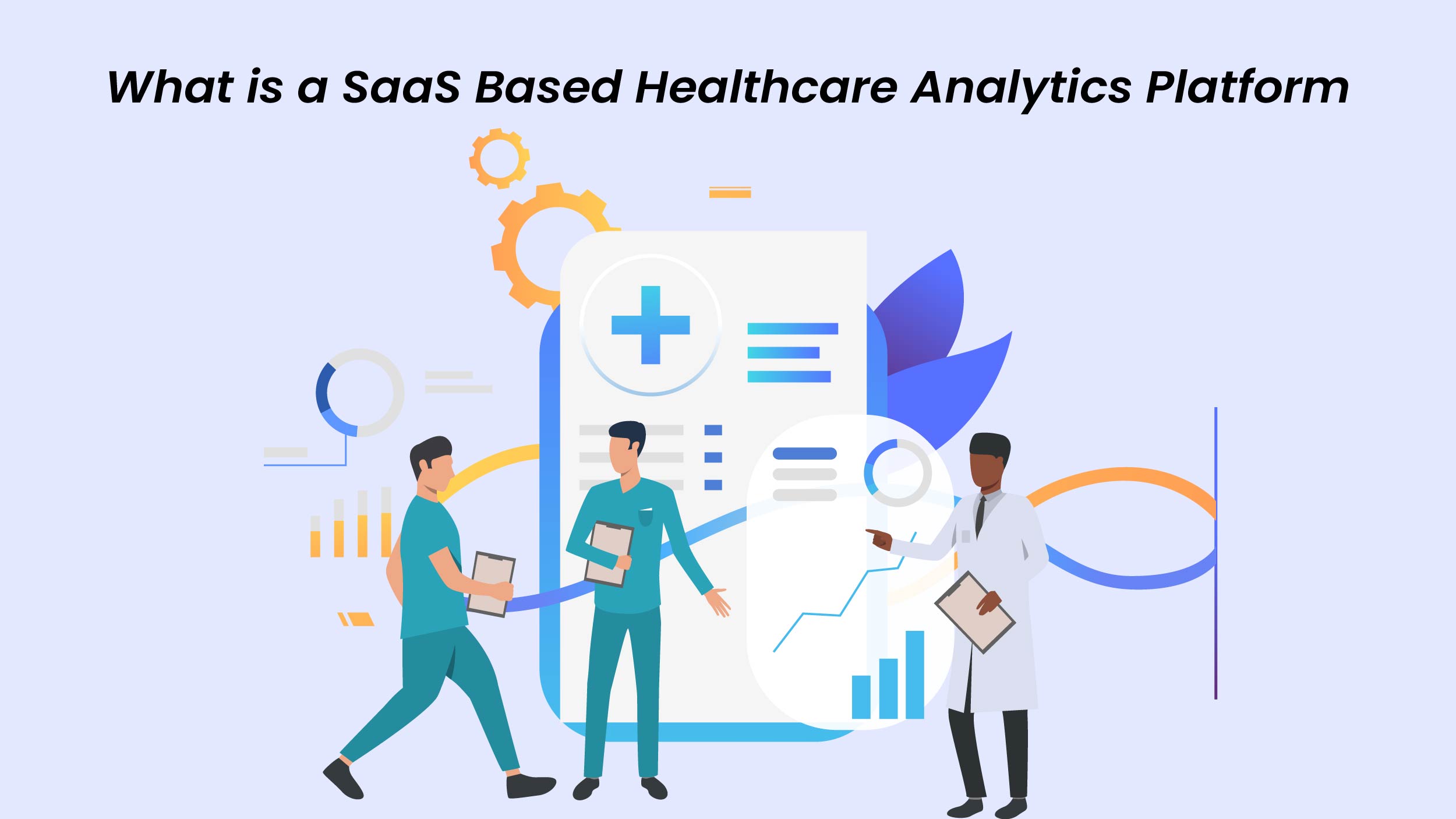 A Software as a Service (SaaS) based healthcare analytics platform is a cloud-based software application adopted by healthcare organizations to deliver health-related services and platforms. These platforms are tailored to meet the specific requirements of healthcare organizations, managing tasks such as billing, patient records, analytics, and more. Utilizing the SaaS model, a third-party provider hosts and offers these applications to customers via the Internet, enabling businesses to utilize them without the burden of maintenance and installations, typically through a subscription model.
A Software as a Service (SaaS) based healthcare analytics platform is a cloud-based software application adopted by healthcare organizations to deliver health-related services and platforms. These platforms are tailored to meet the specific requirements of healthcare organizations, managing tasks such as billing, patient records, analytics, and more. Utilizing the SaaS model, a third-party provider hosts and offers these applications to customers via the Internet, enabling businesses to utilize them without the burden of maintenance and installations, typically through a subscription model.
The healthcare SaaS market has experienced notable growth, driven by its cost-effectiveness, security, and scalability advantages. Many healthcare organizations have turned to SaaS as a more affordable means of deploying cloud-based electronic health records (EHRs), encompassing applications like electronic medical records (EMR), picture archiving and communication systems (PACS), telehealth, revenue cycle management (RCM), billing, supply chain management, and more. The prevalence of SaaS in the healthcare industry is anticipated to continue rising in the future due to its numerous benefits.
What is the Impact of Healthcare Analytics Platforms on the Medical Field?
The adoption of healthcare analytics has yielded transformative results across the healthcare ecosystem. One such great example is the nextgen healthcare analytics platform, which provides integrated solutions designed to meet the clinical and operational objectives of healthcare practices. It features a robust Electronic Health Record (EHR) system that is scalable and customizable to accommodate specific specialties, workflows, and preferences.
Additionally, the projection states that the global healthcare analytics market size is anticipated to reach a compound annual growth rate (CAGR) of 21.1% from 2024 to 2030.
Another notable example of their impact is their role in improving patient outcomes and population health management. Furthermore, healthcare data analytics platforms have proven instrumental in driving operational efficiency and cost savings. A report by McKinsey & Company indicates that healthcare organizations leveraging advanced analytics solutions could unlock up to USD 300 billion in annual value across the healthcare value chain.
Challenges and Opportunities
Although healthcare analytics hold significant promise, they face several challenges. Primary among these obstacles are concerns regarding data privacy and security, interoperability issues, and a shortage of skilled analytics talent within the healthcare sector.
However, these challenges also present opportunities for innovation and growth. As healthcare organizations continue to invest in data governance, interoperability standards, and workforce development initiatives, the potential for healthcare analytics to drive transformative change will only continue to grow.
Why Are Platforms for Healthcare Analytics Considered the Future of Healthcare?
Healthcare analytics platforms are seen as the future of healthcare due to their ability to leverage data and analytics to revolutionize the industry. With the increasing digitization of healthcare data, these platforms enable predictive health analytics, driving better clinical outcomes and cost reduction. The integration of analytics and AI is reshaping the healthcare market, empowering providers and consumers, and accelerating the shift towards personalized medicine.
The urgency of the COVID-19 crisis has further accelerated the adoption of data and analytics in healthcare, pushing decision-makers to make data-informed decisions quickly. This trend is expected to continue, shaping the future landscape of healthcare analytics and data utilization, as healthcare platforms become an integral part of the ‘new normal’, transforming the healthcare market and strengthening the role of tech companies and startups.
In a Nutshell
Healthcare analytics platforms represent a paradigm shift in the way healthcare organizations leverage data to improve patient outcomes, enhance operational efficiency, and drive innovation. With their advanced analytics capabilities, comprehensive data integration, and real-time insights, these platforms are empowering healthcare leaders to make data-driven decisions that positively impact the lives of patients and communities.
As we look to the future, the evolution of healthcare analytics will undoubtedly continue, ushering in a new era of personalized medicine, population health management, and value-based care delivery. Embracing this transformative technology is not only essential for staying competitive in today’s healthcare landscape but also for driving meaningful change that benefits patients, providers, and society as a whole.









